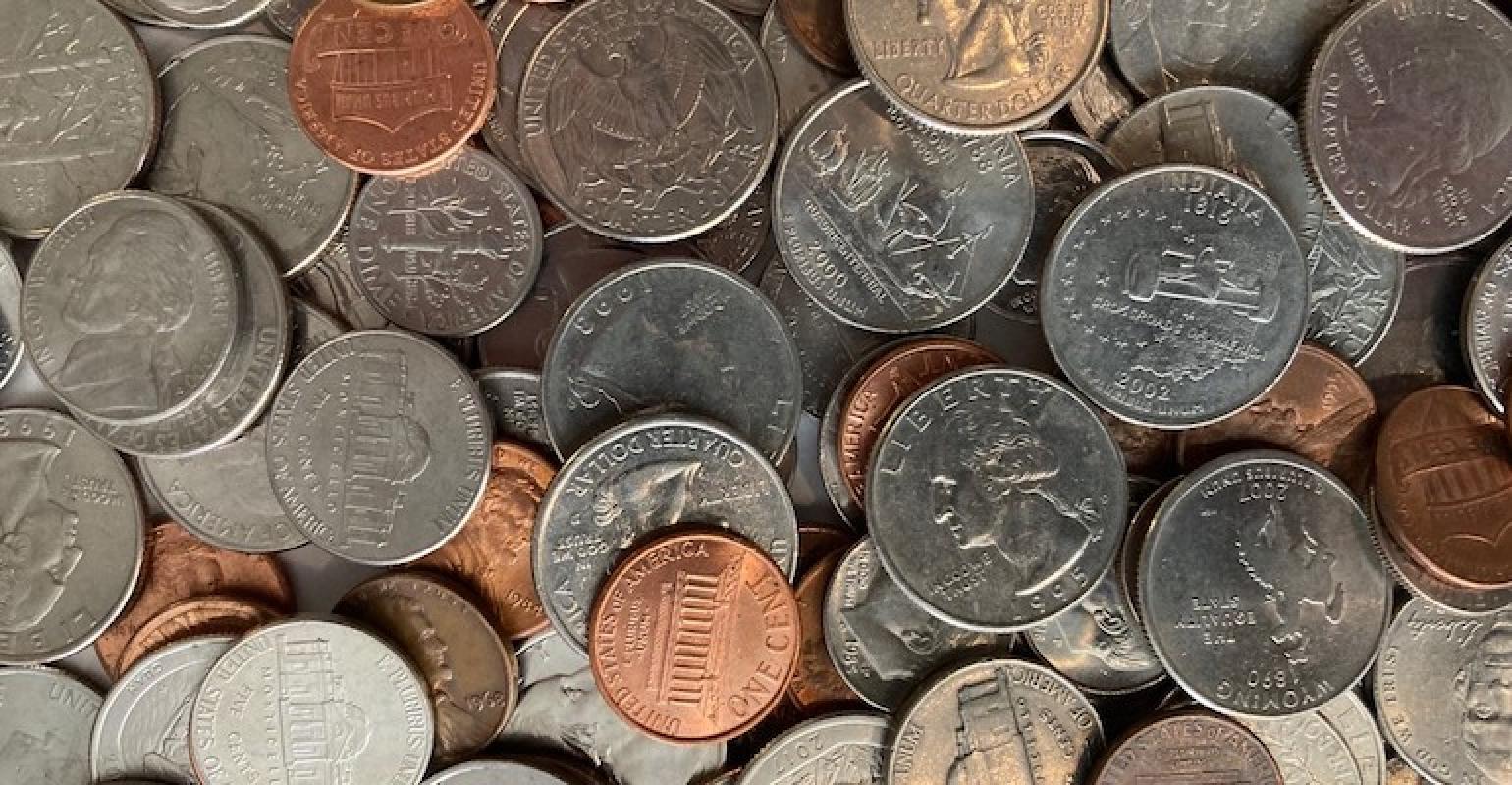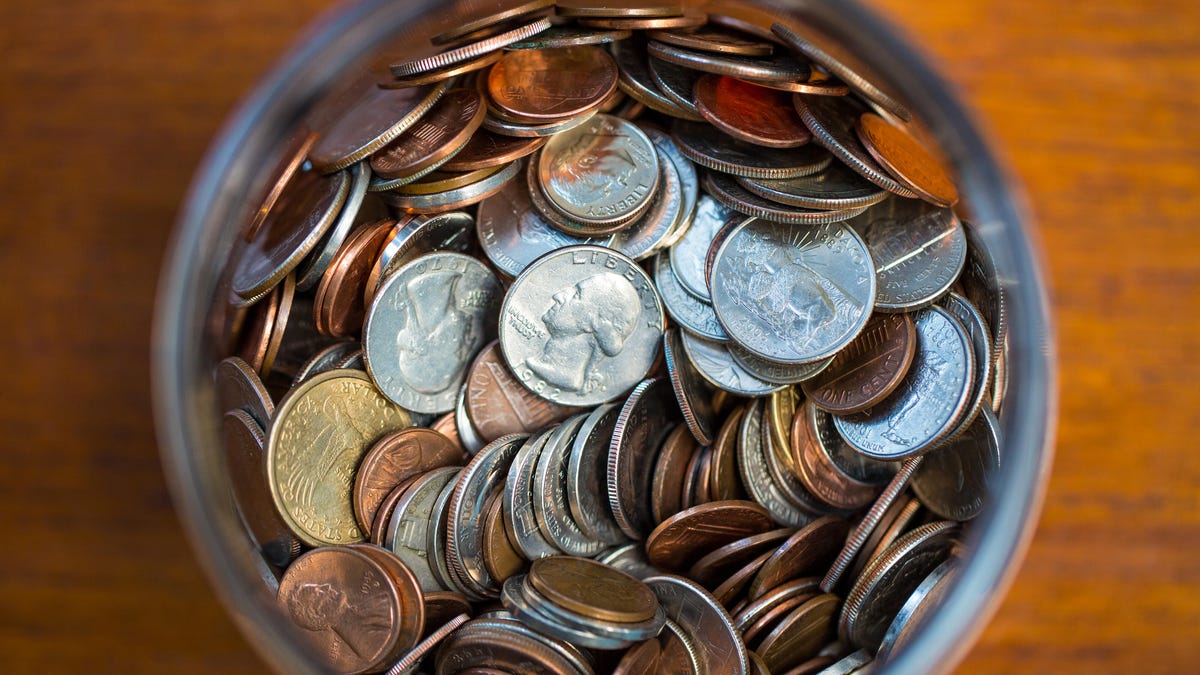Introduction:
Have you ever wondered if that old quarter you found in your change jar could be worth more than just twenty-five cents? For collectors and enthusiasts, the Bicentennial Quarter holds a special place in American history and, more importantly, in the world of numismatics. Some of these coins are so rare and valuable that they could make you rich overnight. Intrigued? Let’s dive into the fascinating world of the Bicentennial Quarter and uncover how it could transform your financial future.

The Bicentennial Quarter: A Piece of History
In 1976, the United States celebrated its 200th anniversary of independence, prompting the U.S. Mint to issue a special commemorative quarter. This Bicentennial Quarter features a unique design: the obverse side maintains the iconic portrait of George Washington, while the reverse side showcases a colonial drummer boy, surrounded by the dual date “1776–1976.” While millions of these coins were minted, specific versions are exceptionally rare and highly coveted by collectors, making them incredibly valuable.
Key Factors That Make a Bicentennial Quarter Valuable
Not every Bicentennial Quarter is worth a fortune. The value of these coins hinges on several critical factors:
- Mint Mark: Quarters minted in San Francisco (marked with an “S”) are generally more valuable, especially if they are proof coins.
- Composition: Most Bicentennial Quarters are composed of copper-nickel, but a limited number were struck in 40% silver. These silver quarters are particularly valuable.
- Condition: Coins that are uncirculated or in pristine condition command higher prices in the market.
- Errors and Varieties: Coins with minting errors or unique varieties, such as doubled die obverses or off-center strikes, are extremely valuable.

Steps to Determine the Value of Your Bicentennial Quarter
If you suspect you possess a valuable Bicentennial Quarter, follow these steps to ascertain its worth:
- Inspect the Coin: Look closely for any mint marks, check the year, and assess the coin’s overall condition.
- Consult Reference Guides: Use coin value guides or reliable online resources to get an initial idea of your coin’s value.
- Seek Professional Appraisal: Visit a reputable coin dealer or submit your coin to a grading service for a professional evaluation.
Real-Life Success Stories
There have been numerous instances where individuals have discovered that their seemingly ordinary Bicentennial Quarters were actually worth hundreds or even thousands of dollars. One notable example is a rare 1976-S silver proof quarter in perfect condition that sold for over $1,000 at auction. These real-life success stories underscore the potential value hidden in your pocket change.
Conclusion:
The Bicentennial Quarter is more than a commemorative piece; it could be your gateway to financial gain. By understanding what makes these coins valuable and taking the appropriate steps to have them appraised, you could turn a simple coin into a significant profit. Don’t miss out on this exciting opportunity – check your coin collections and see if you’re holding a piece of history that could make you rich overnight!
FAQ:
Q1: How much can a Bicentennial Quarter be worth?
A: Depending on the factors mentioned, Bicentennial Quarters can range from a few dollars to several hundred dollars, with exceptionally rare ones fetching even higher prices.
Q2: Where can I sell my Bicentennial Quarter?
A: You can sell your quarter to coin dealers, at coin shows, through online auction sites, or directly to private collectors.
Q3: Are all Bicentennial Quarters valuable?
A: No, the value of Bicentennial Quarters varies based on mint marks, condition, composition, and rarity.
Q4: How can I tell if my Bicentennial Quarter is silver?
A: Silver Bicentennial Quarters have a distinct edge and a slightly different color compared to copper-nickel quarters. Weighing the coin can also help, as silver quarters are slightly heavier.
Q5: Should I clean my Bicentennial Quarter before selling it?
A: No, cleaning a coin can reduce its value. It’s best to leave it in its original condition and have a professional appraiser evaluate it.










